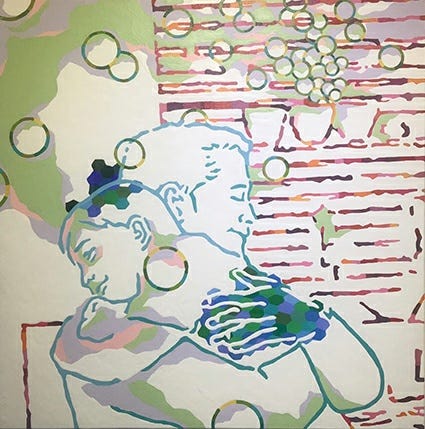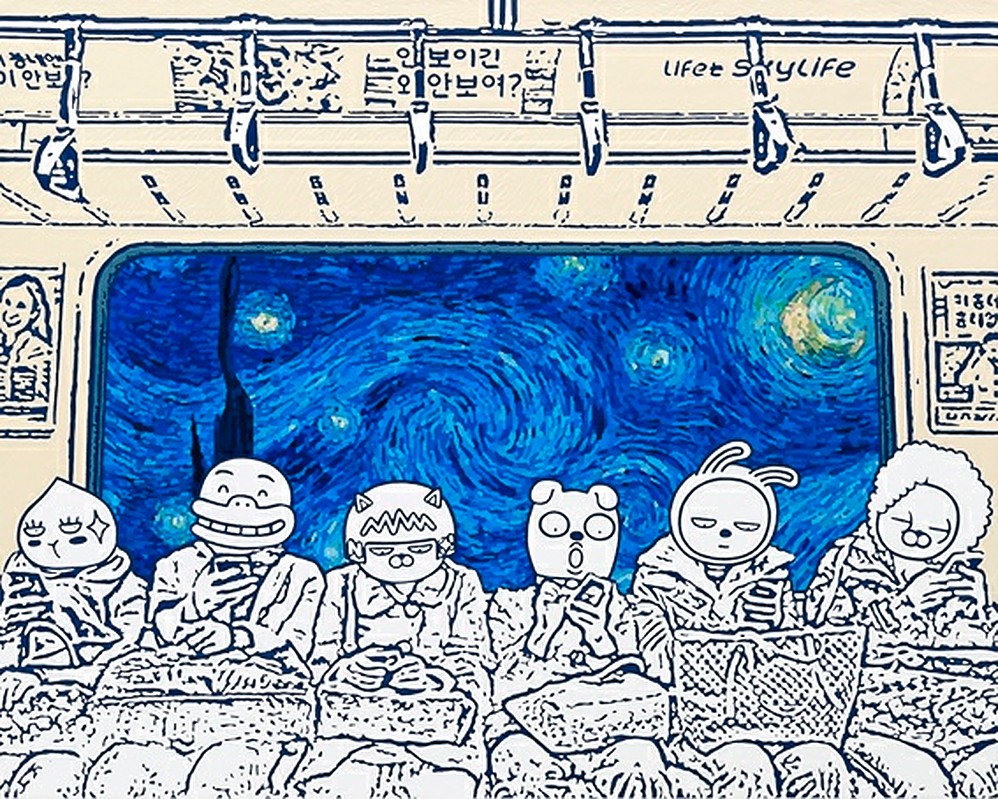There are two widely held but problematic views of work. One sees work as gruelling labour, a necessary evil to pay the bills. The other sees work as something you worship, find your identity in, and have a fiery passion for, i.e. Workism is their religion.
Both views are sadly mistaken, and I’d like to present the alternative.
Perspective 1:
Work as a Necessary Evil
The danger of this kind of view is that you would try to avoid work at all costs when given the chance.
You are also less likely to nurture this part of your life with care if you despise it — which could hurt your future prospects.
Additionally, when work is simply a means to an end with no inherent value, the process and significance of it are disregarded to a point where immoral and even illegal activities are permissible to the numbed individual.
A society where such crime is rampant frankly does not thrive.
For those in this category of thought, it is important to remember that there is invaluable dignity in honest work.
“Work is as much a basic human need as food, beauty, rest, friendship, prayer, and sexuality; it is not simply medicine but food for our soul. Without meaningful work, we sense significant inner loss and emptiness. People who are cut off from work because of physical or other reasons quickly discover how much they need work to thrive emotionally, physically, and spiritually.”
Tim Keller in his book “Every Good Endeavor”
Perspective 2:
Work as Your Salvation
However, work should not be the sole source of your dignity. That would lead to the same problems followers of workism experience.
When your work is tied to your self-worth, your successes in it lead to ego, pride, and unteachability, whereas failures crush your soul.
In order to never experience soul-crushing failure, you give your work everything, and Boom. Say hello to burnout.
Another grave consequence of workism is that humanity is graded by the type of work they do.
When work becomes a way of seeing oneself, one can no longer bear an “unprestigious” job. Jobs are ranked by prestige, recognition, and pay rather than suitability and need.
“Prestigious” universities are great at fostering this mentality, as glitzy firms in very few select industries pay big money to show up frequently on university grounds in front of the hardworking cookie-cutters as the right answer.
This can be potentially destructive to society since many “unprestigious” jobs are actually so important for a beautifully functional society.
There are of course more mechanisms in play beyond universities that perpetuate the salvation view.
The goal isn’t to point fingers at any single organisation or institution but to point to yourself first and your own beliefs.
We Need a Cultural Rethink
There should be no hierarchy of work, and pay should not be the determining factor of a person’s worth.
There is dignity in all honest work done with grace and your job does not have to be impressive and shiny for it to be meaningful.
No matter how mundane, ordinary, and common your job is, if it creates stability and security for those around you, it’s admirable.

Work should not be so much about ourselves and our own fulfilment.
Work is our service to others. Our search for our calling should begin with this simple question:
Where can you best serve others?
The areas in which you best serve may change over the years as your skillsets and interests mature, and there is no perfect single answer.
The people you serve include your family, and the best way for you to serve could be within that context. A topic for another day is the need for society to value the work that happens at home.
Start where you are. Use what you have. Do what you can.
— Arthur Ashe
Each of you should use whatever gift you have received to serve others as faithful stewards of God’s grace in its various forms.
— 1 Peter 4:10
Life Beyond Work
Work should not be your identity. For there is so much more to life, and the other things that really enrich your life, such as healthy relationships, deserve and require studying and upskilling as well.
Please don’t neglect your life outside of work for the sake of your future self.
Learn to have good conversations, give more than you take, speak in different love languages, manage your anger, make lasting friendships, recognise cultural nuances, be less obnoxious, understand what drives people, and so on.

Before we are workers, we are explorers, sons and daughters, a friend, a shoulder to cry on, and so much more.
Never stop learning how to be the best version of yourself in all the roles you take on in this life.
In conclusion (TL;DR)
Do honest work, do not think of work as your salvation, work to serve, have a life outside of work, and never stop learning.

